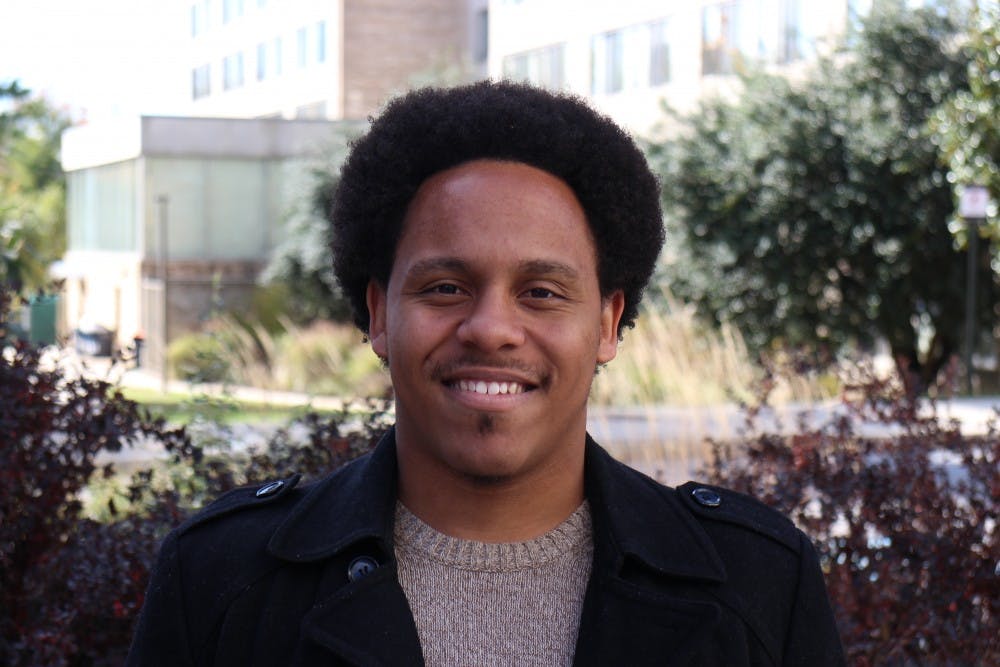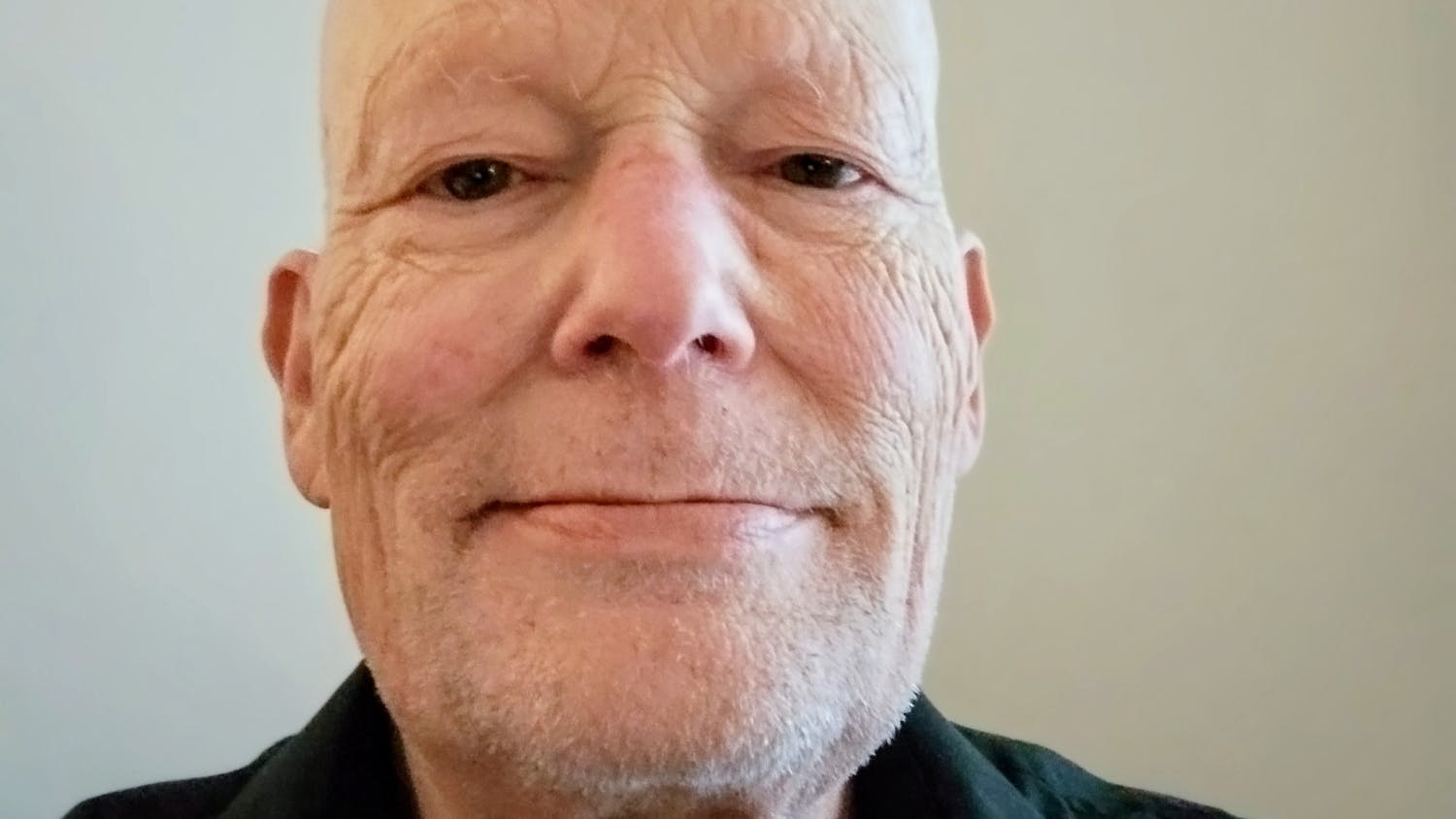In September 2015, the Faculty Senate unanimously approved a resolution on academic freedom. The resolution arrived amid a heated national conversation regarding freedom of speech and guest speakers using college campuses as platforms to promote “alternative,” often oppressive, views to the disapproval of their respective student bodies.
In the resolution, the Faculty Senate linked its conclusion with that of the collective academic community. They minimized dissidence by referring to it as “material that some members of our community may find disturbing” (emphasis mine) as well as “individual sensitivities” and “personal difficulties.”
It is written as if the contrary concerns raised are only by vocal minorities spellbound by their identity-based politics. The Faculty Senate illogically concluded that the resolution would push students to become “critical thinkers and responsible citizens.” Then and now, I disagree with their conclusion.
An argument for academic freedom -- the idea that everyone should always be able to speak freely -- presumes that all actors are rational and speaking for the purpose of truth. This is ultimately oppressive to the minority because not everyone speaks for the purpose of truth. Academic freedom presumes a universal pursuit of truth. I disagree with that presumption.
The universal pursuit of all human beings, even academics, is not guided by truth, but by the limits of their experience. It is foolish to perpetuate the idea, explicitly or through lack of conversation, that scholars are “autonomous individuals traveling free from experiences of prejudice...through a politically neutral intellectual terrain.” When reinforced by academic freedom, what reason or initiative does an explicitly or implicitly problematic person have to seek the truth regarding their opinions and practices? Those unaffected by false opinions and problematic pedagogy are naturally inclined not to intervene unless they have personal investment in the matter. This is known as the bystander effect.
Because academic subjects do not all intertwine, the burden of responsibility falls upon those whose subject matter does relate to the assailing opinions and practices. Marginalized communities, often through their identity, become and are those people. Hence academic freedom, the unassailable right to one’s scholarship and pedagogy, is not free at all; it’s a privilege afforded only to those unaffected by the political and cultural realities that we live in today.
There should be an institutional structure -- a cultural competency course -- that impedes these false opinions and problematic practices from entering academia. Such a structure would demonstrate the empiric need for content warnings and cleansing of identity-based bias from course content and pedagogy.
Although occasionally misguided, at least the typical college radical protests this gap in policy manufactured by academic freedom. What response does the academic have to injustice within academia, such as racially-charged in-class hypotheticals or sexist stereotypes? What about campus speakers who espouse sexist, homophobic or xenophobic views, coupled with overt displays of racism and anti-Semitism? Too many academics abstain, unaffected by the public assault upon marginalized identity and fearful of imposing on the academic freedom of others. They leave the overbearing torch of equity to colleagues and students whose work and lives are inseparable from that identity.
What we find is an institution of higher learning, spellbound by its commodified philosophy, settling into a complacent mud that neither reflects the vibrancy of their student body nor their school’s values. If American University is to be an institution of equity, academics across disciplinary fields must start and in some cases continue “inter-dependizing” their work in empowerment of marginalized communities. Inter-dependizing dictates that the growth of academia depends on the holistic inclusion of marginalized communities in course content and pedagogical practices. This requires more than signing solidarity letters, but also setting and maintaining inclusive classroom environments.
American University cannot be a place where transformative ideas form if it is not a place where they are enacted institutionally. If institutionally American University looks like every other university, that’s a problem. The call for rethinking academic freedom is not one to silence the right body politic, reinforce the archetypical hyper-leftist tendencies of college radicals or impose a culture of conformity.
Rather, it is a rejection of reactive university bureaucracy. It is a wake up call for the gradualist faculty who, unwilling to accept the limits of their identity-based experience, projected their privileged fears of censorship on students. The unbearable slowness of the University’s administration does not prevent stumbles; it simply makes the tumbles of inadequate policy more dramatic. The documented, empirical realities that marginalized communities faced and continue to face at this university are non-controversial. We must accept this and act with institutional urgency.
Students have a right not only to demand curricula and faculty that reflects the diversity of our country, but also how curricula is taught. Michael Olivas, the Director of the Institute for Higher Education Law and Governance at University of Houston, confirms my point,
“Students have a right to expect...thoughtful pedagogical practices,” Olivas said. And students do expect this.
The University is facing a growing demand for proactive agency in its administration. The Faculty Senate can help accomplish this by focusing on socially-conscious policy instead of the abstract notion of academic freedom.
Professors are intellectual role models for students. If they can’t not be held to an appropriate standard of social consciousness, how can we feign outrage when the student body follows suit? The Faculty Senate would be remiss to not use its platform to create space that uplifts marginalized communities. It would be remiss to not actively cultivate a community according to our values. But, until that standard is met, your professorial academic freedom stops where our desks begin.
Nickolaus Mack is a junior in the School of International Service and The Eagle’s managing editor for opinion.
This article originally appeared in December 2017 print edition of The Eagle.





